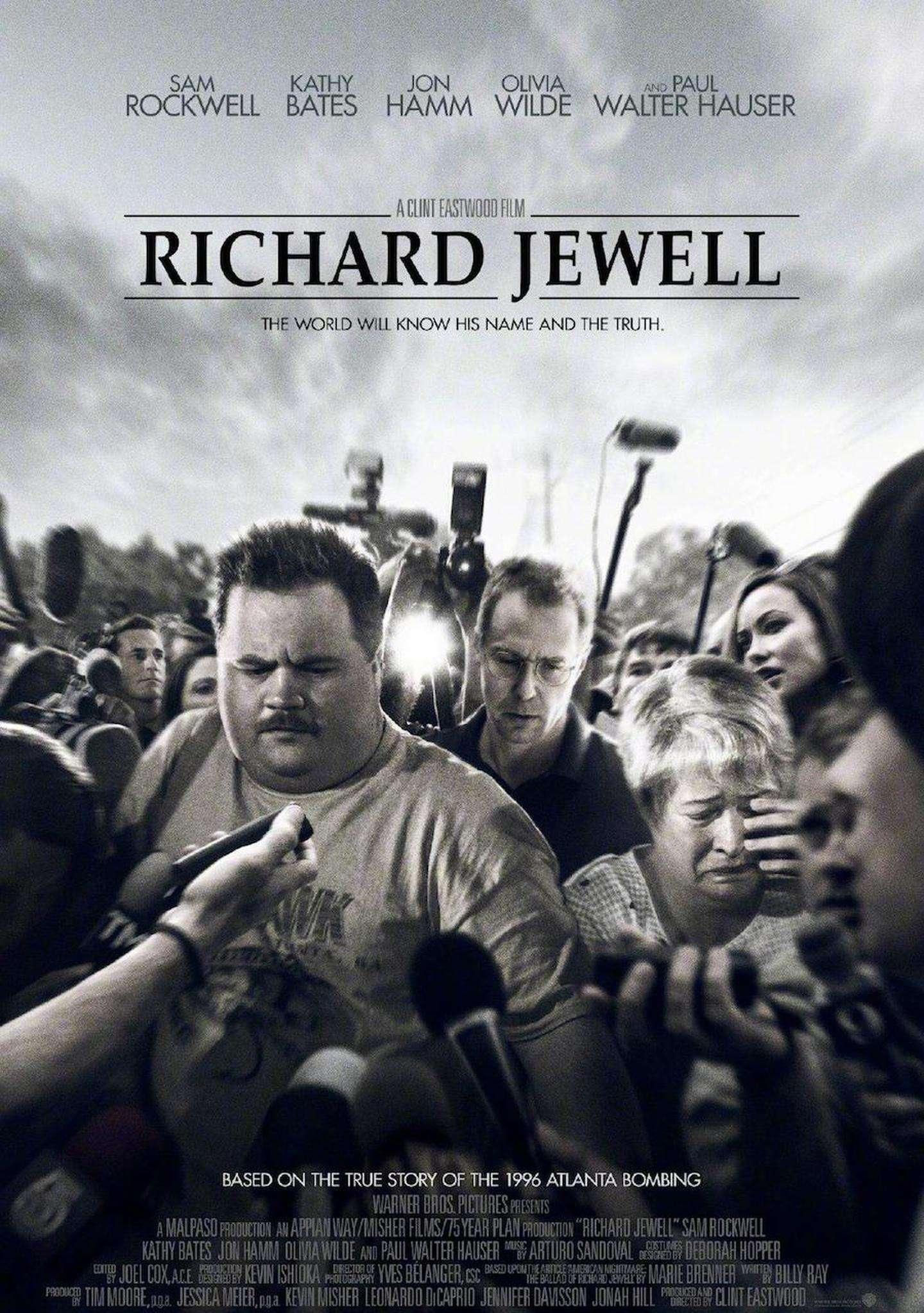
The American film "The Lamentations of Richard Jewell", a security guard at the 1996 Olympic Games in Atlanta, was the first to discover a bomb in the Olympic Park, and it was precisely because of his timely discovery that the explosion did not cause greater harm. At that time, all the media praised him as a "hero".
But the FBI then suspected that he was the initiator of the bombing, and the wind in the media also changed. Overnight, Richard Jewell went from hero to suspect. Although in the end, Richard Jewell proved innocent, the damage to his reputation by the media could never be recovered, and people walking down the street would still say "you are a murderer". Depressed, Richard Jouvel died of heart failure in 2007 at the age of 44.
The transformation of Richard Jewell from hero to suspect in the film stems in large part from the fact that it is too easy for people to make assumptions about a person's appearance and behavior alone. In the eyes of outsiders, Jewell is a strange and stubborn "fat house", with few friends, and even lives with his mother, but this does not prevent him from becoming a conscientious and competent security guard. Is there something wrong with fat houses? Is Ma Bao perverted? But the FBI links these appearances to those who have a distorted mindset and want to cause social attention and recognition by committing crimes.
In criminal cases, a similar process of reasoning exists. Most of the cases faced by the police, who initially only know the time, place and manner of death, need to analyze the case and put forward the hypothesis of potential constituent elements, including causation, the process of killing, what kind of preparation the murderer will make in advance, what skills the murderer must have, etc., and then verify and verify through investigative measures, and finally form a complete case fact.
The case-handling staff will produce a variety of assumptions, ninety-nine of which may be wrong and need to be verified by evidence, just like a thousand pieces of jigsaw puzzles, after countless attempts, you will complete the core position and gradually present the whole picture. And the mistake is in a certain hypothesis, if a certain hypothesis is too strong, the more you look at him, the more you look at him, the more like a bad person, and you will not see all the evidence that he is not a bad person.
Many unjust, false and wrongly decided cases arise in this way, and the person who determines the facts excludes the participation and defense of the parties, monopolizes the right to discover the facts, and claims that what they have found is the objective facts. At this time, the suspects are often unable to defend themselves, and the unjust passages we see in many movies are because the case-handling personnel are extremely confident in their hearts.
They build hypotheses based on what they already know, and then gather evidence around them, especially by trying to get a confession from a suspect. At this time, once illegal means such as extorting confessions by torture are allowed, then a tragedy will be staged immediately.
How terrible prejudice is, in criminal cases it is easy to lead to unjust, false and wrongly decided cases, and in real life, tragedies like Richard Jewell are still constantly playing out, and the public is keen to rush to conclusions without knowing the whole facts, which are often based on prejudice and prejudice, far from the facts.